Is there a seawater reverse osmosis desalination plant in Qatar?
Qatar, as a wealthy oil country in the Middle East, has always faced the problem of water scarcity. As early as a decade ago, the Qatari government took an innovative measure to introduce a seawater reverse osmosis desalination system to address the challenge of water scarcity.
Qatar Water Resources Challenge
Qatar is located in the desert region of the Middle East, with a hot and arid climate and limited natural water sources. This has led Qatar to face a serious shortage of water resources. With population growth and economic development, the demand for water resources is constantly increasing, and there is an urgent need to find innovative water resource management solutions.
The Qatari government recognizes the urgency of water scarcity and actively seeks solutions to ensure the normal water needs of residents and industry. In this context, seawater reverse osmosis desalination systems have become a highly anticipated solution.
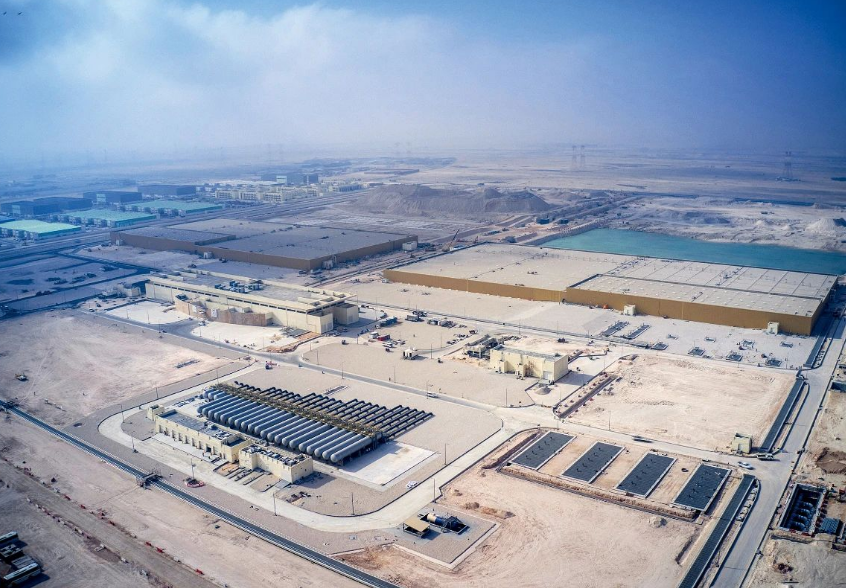
Introduction of seawater reverse osmosis desalination system
In response to the challenge of water scarcity, the Qatari government has decided to introduce a seawater reverse osmosis desalination system. This technology utilizes an efficient membrane filtration system to remove salt and impurities from seawater, thereby obtaining fresh water suitable for drinking and industrial use.
The seawater reverse osmosis desalination system is widely regarded as a feasible water resource solution, especially for countries like Qatar that lack freshwater resources. This technology can not only provide reliable drinking water, but also be used to meet the water needs of industry, agriculture, and other fields.
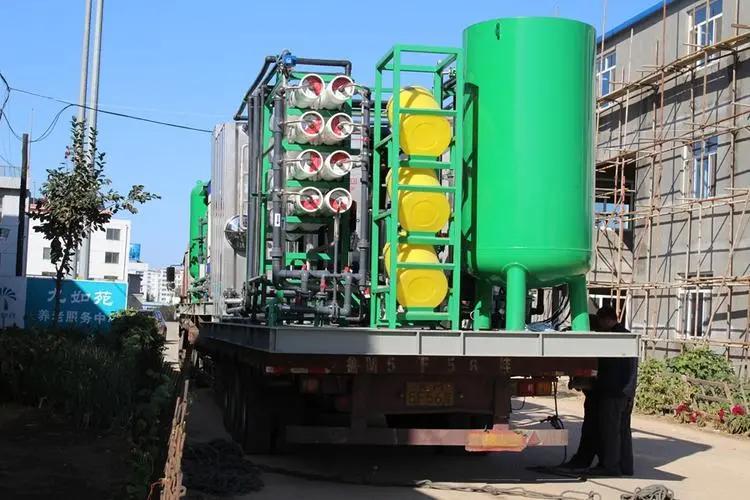
The current situation of reverse osmosis seawater desalination plants in Qatar
The Qatari government has actively promoted the application of seawater reverse osmosis desalination systems in recent years, investing in the construction of multiple advanced seawater desalination plants. The latest seawater desalination plant built in Qatar is the Umm Al Hur thermal power and seawater desalination integrated project located in southern Doha. Its investment and construction cost is 2.75 billion US dollars, and it was put into operation in 2018. The desalination capacity is about 618000 cubic meters per day, which can meet 30% of the country's water demand.
The construction of these seawater desalination plants is not only an innovative attempt at water resource management, but also provides a feasible solution for Qatar to break the water resource bottleneck. Currently, Qatar has become one of the leading countries in the Middle East for the application of seawater reverse osmosis desalination systems.
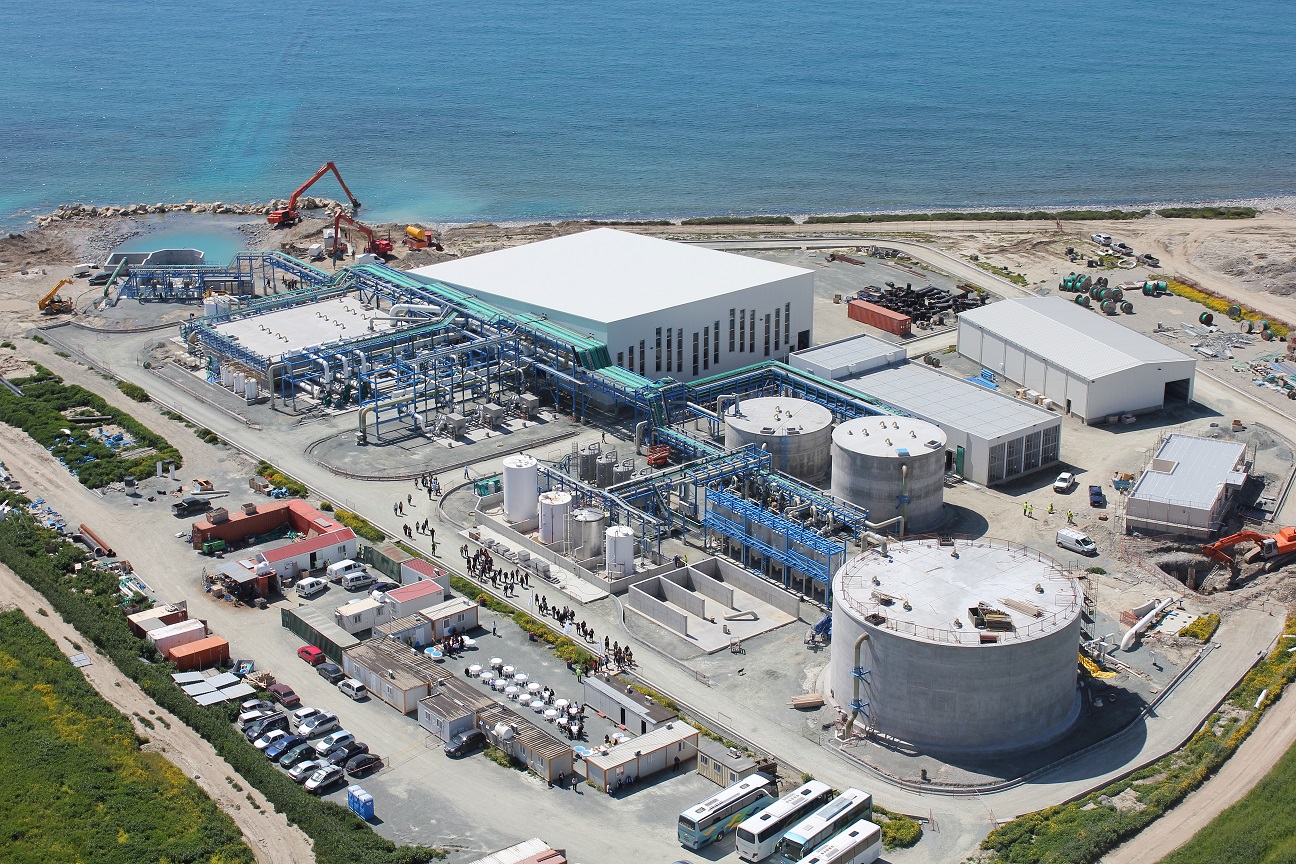
Multi domain application of reverse osmosis technology in Qatar
Qatar's reverse osmosis seawater desalination plant is not limited to solving drinking water problems, but has been applied in multiple fields. In urban development, seawater desalination technology provides residents with high-quality tap water, ensuring the safety of urban water use.
In addition, industries such as industrial manufacturing, agricultural irrigation, and energy extraction also benefit from reverse osmosis technology. The Qatari government has effectively addressed the constraints of water scarcity on economic and social development by promoting reverse osmosis technology in these areas.
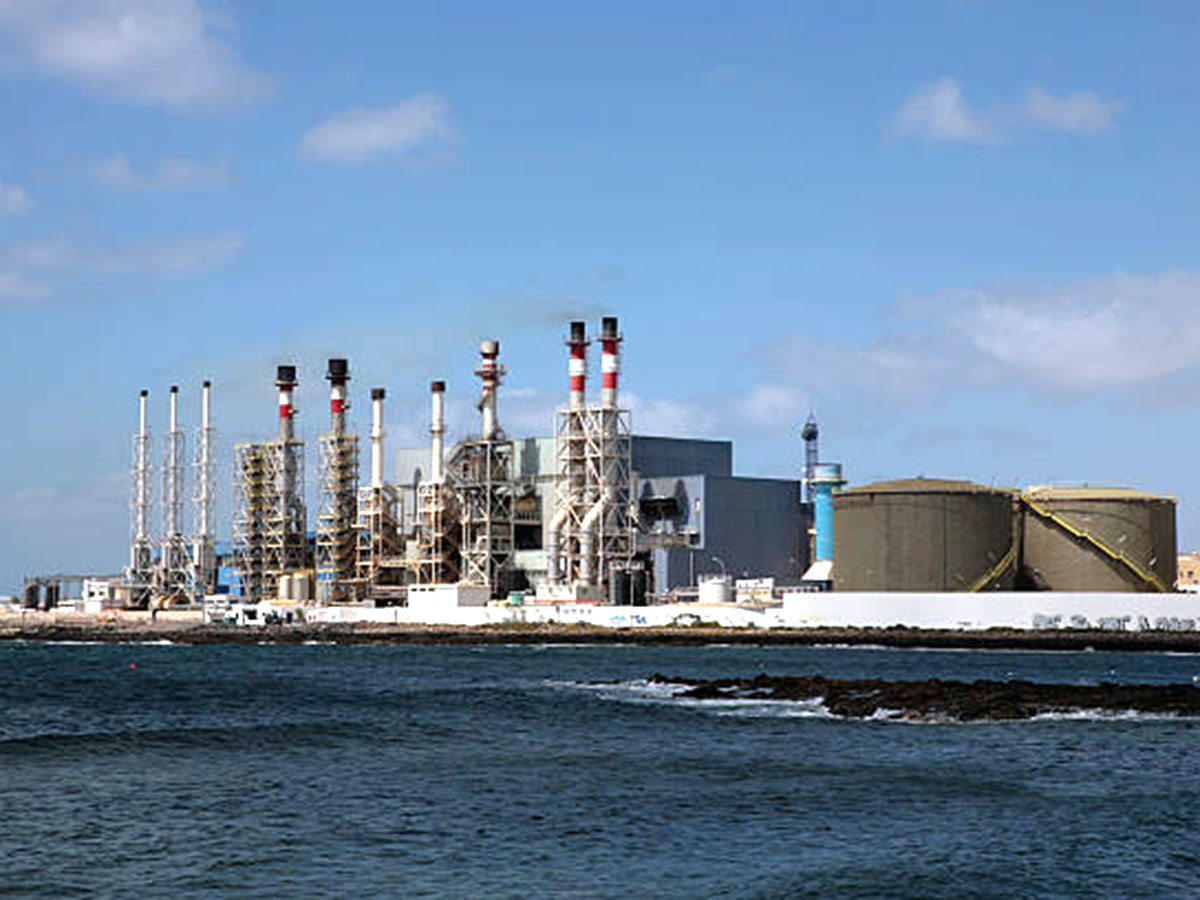
The pursuit of environmental protection and sustainability
The construction of Qatar's reverse osmosis seawater desalination plant is not only to solve the current water resource pressure, but also to pursue environmental protection and sustainability. Compared to traditional freshwater resource extraction methods, seawater desalination technology reduces excessive exploitation of groundwater and rivers, helping to protect the ecological balance of natural water bodies.
The Qatari government's pursuit of environmental protection and sustainability demonstrates its long-term consideration for future water resource management. By adopting reverse osmosis technology, Qatar has provided more sustainable ways of utilizing water resources for future generations.
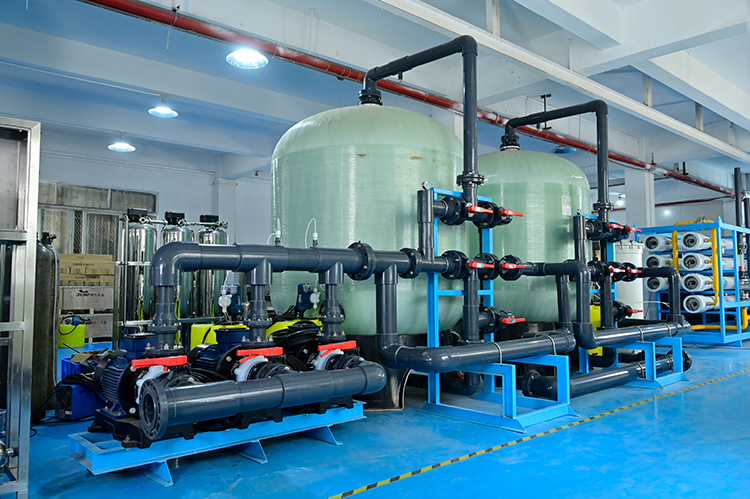
Conclusion
The construction of Qatar's seawater desalination plant marks an innovative attempt by the country in the field of water resource management. By introducing reverse osmosis technology, Qatar has successfully solved its long-standing water scarcity problem, providing reliable water source support for urban residents, industrial manufacturing, agricultural irrigation, and other fields.




